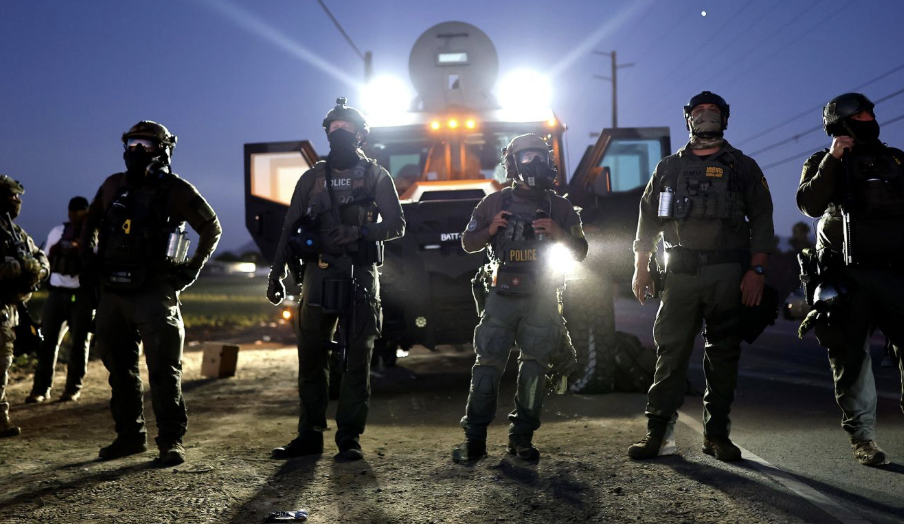Currently, California is restructuring to accommodate the new requirements for minimum wage. On Sept. 25, Gov. Jerry Brown signed a bill that will raise California’s minimum wage. Currently, the minimum wage in California is $8 and with the new bill, the minimum wage will be $10 per hour. This rate will steadily increase over a period of three years, making Calif.’s minimum wage the highest in the United States. The legislation will raise the minimum wage to $9 on July 1, 2014, and then to $10 on Jan. 1, 2016.The Calif. Senate approved the bill on a 26-11 vote Sept. 12, and the Calif. State Assembly followed hours later on a 51-25 vote.
“When I first heard the news, I was extremely happy because I thought I was going to make a lot more money, but after a while, I realized that my boss might have me work less in order to save money,” said senior Jack Webb.
The higher wages are expected to effect low-income business owners. Small business owners will hire fewer workers or have employees work fewer hours to save money.
The bill to raise the minimum wage in California is considered controversial to many. If the process to raise minimum wage carries out as planned, half of the minimum wage workers in our country would be pulled out of poverty, according to a study by the Restaurants Opportunity Centers United. On the other hand, the raise in minimum wage may backfire and cost many minimum wage workers their jobs. In conclusion, the bill has split the country in half and the effects will be clear when the bill comes into action in July.








